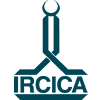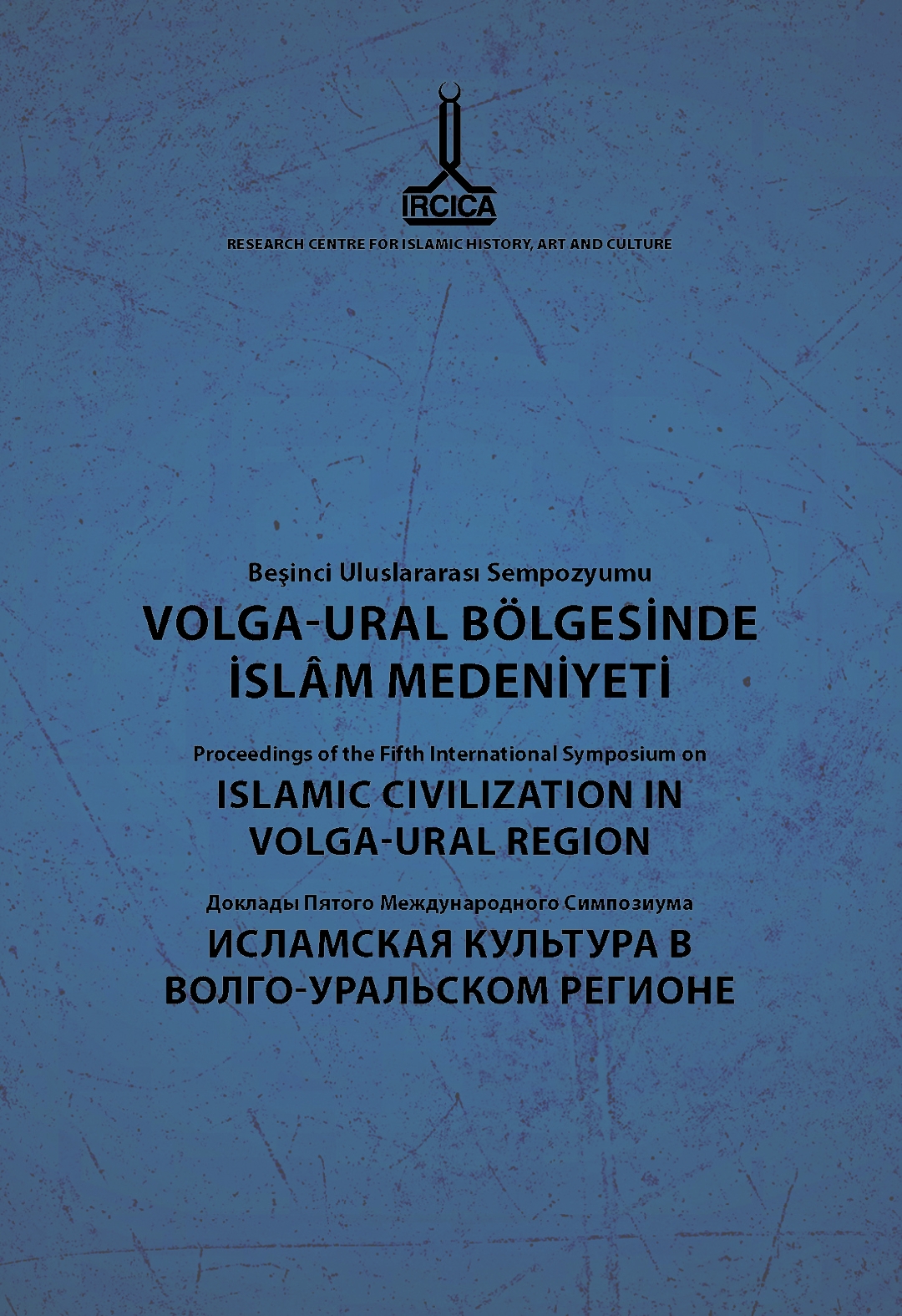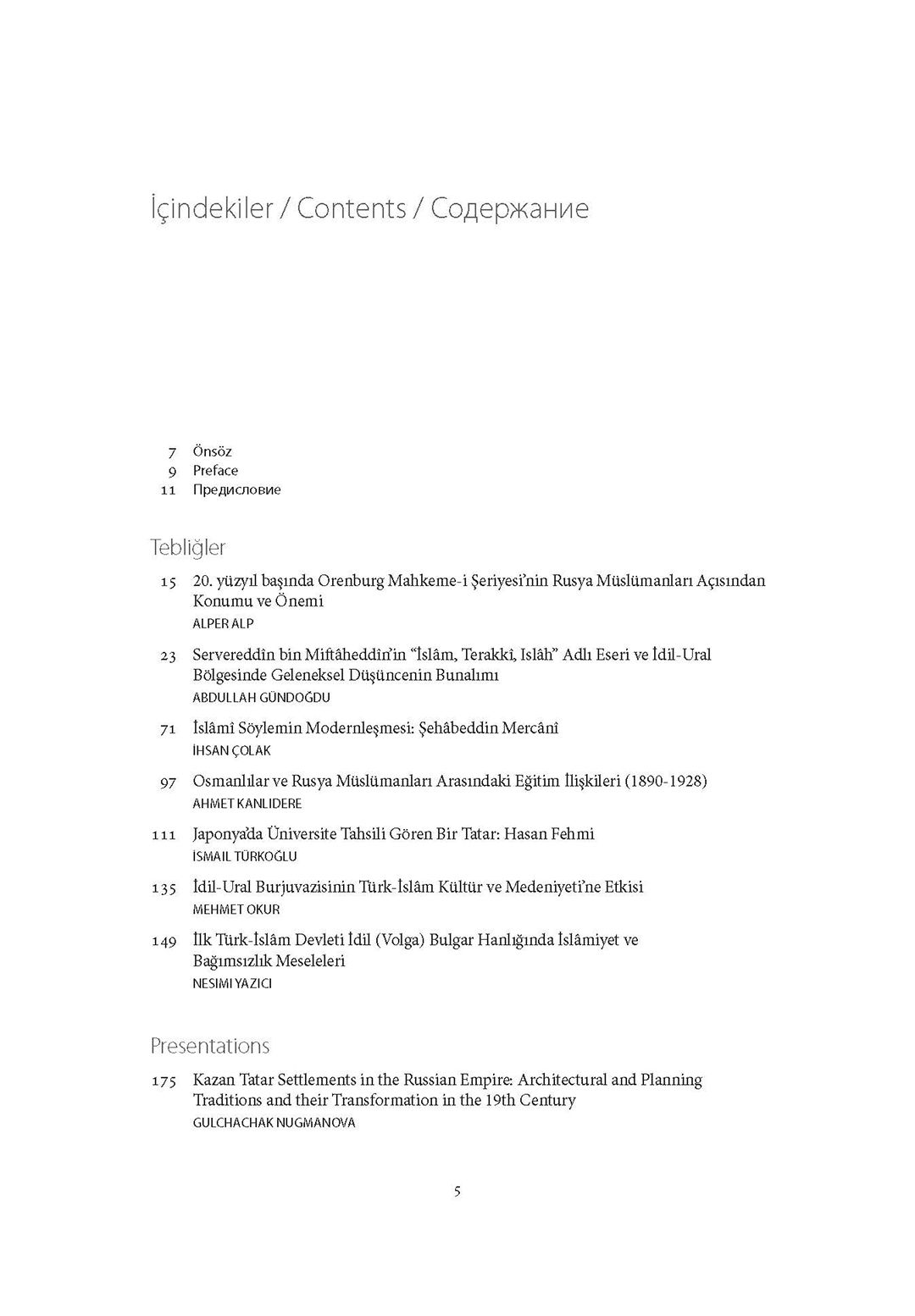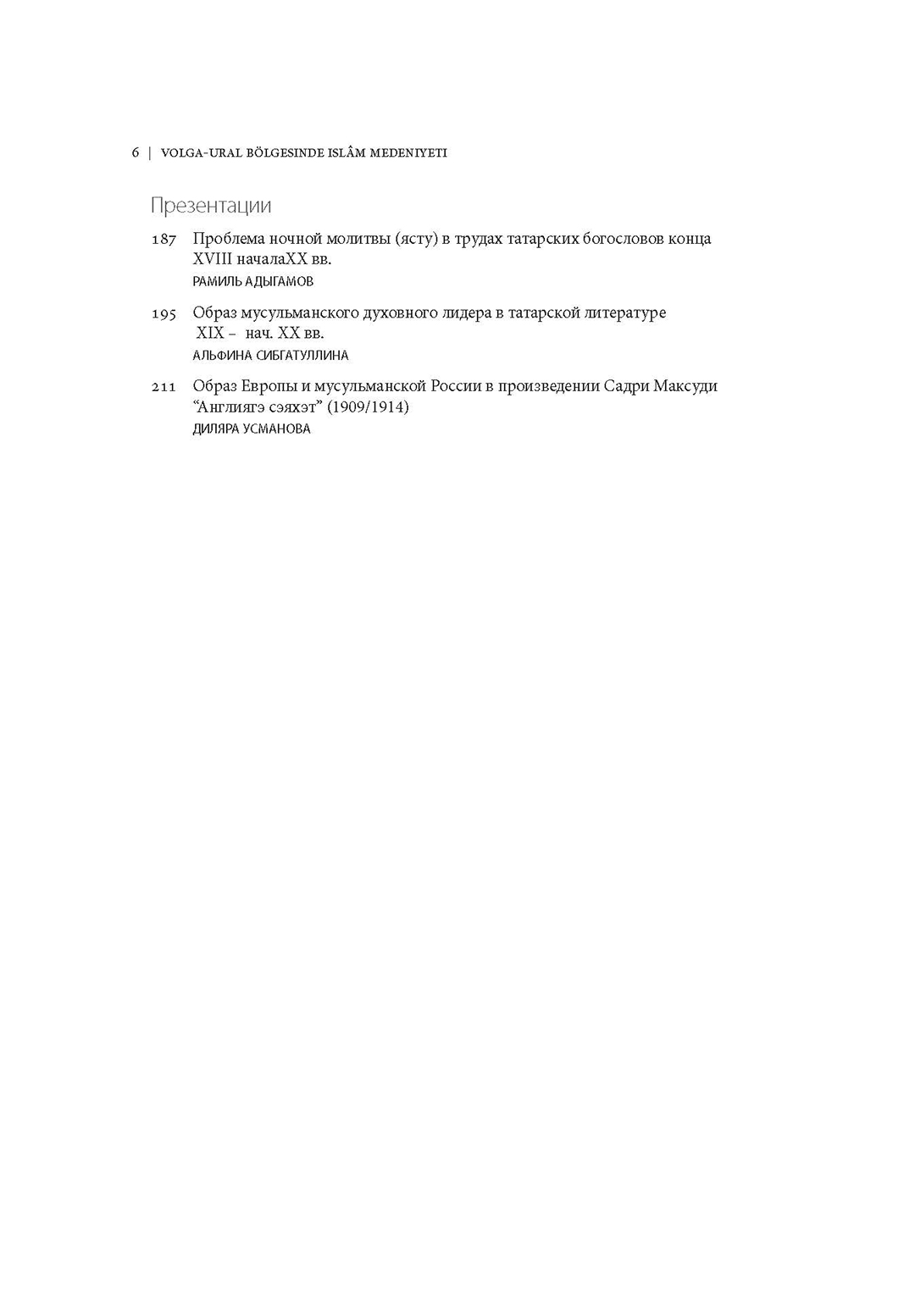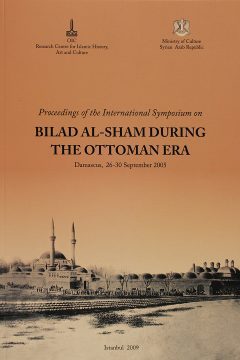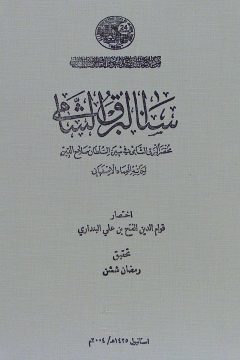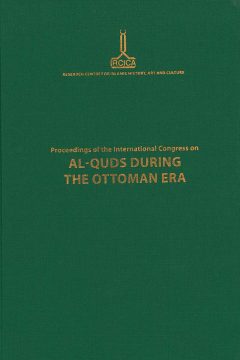The fifth symposium on the theme “Islamic Civilization in Volga-Ural Region” was organized jointly by IRCICA, Tatarstan Academy of Sciences Shehabeddin Merdjani Institute, and Russia Islamic University (Kazan) in June 2012. The papers dealt with specific topics and eminent figures within the history of thought and trends of modernization in Volga-Ural region, contacts and exchanges having taken place between the region and various parts of the Muslim world in cultural and educational areas, urban and architectural developments in the region and inter-cultural influences, among others.
Volga-Ural region is important in Islamic history. The people of the region converted to Islam gradually, by getting acquainted with it through contacts with merchants coming from Kharezm and Khorassan. Encouraged by this development, Almish Khan, ruler of the Bolghar State in the Volga region at the beginning of 10th century, established relations with the Abbasid Caliphate by sending an envoy to Caliph Muqtedir Billah, requesting him to send religious scholars to Bolghar to teach the precepts of Islam. The Caliph responded favorably, sending an Abbasid delegation to the Bolghar State in the year 922. Almish Khan converted to Islam and his state became the first Islamic country in the region. The first account of this relationship is the travelogue of Ibn Fadlan, who was the secretary to the Ambassador in this mission to the Bolghar State. Afterwards, cities were founded in the region with Islamic institutions such as mosques, madrasas and law courts. Bolghar city itself turned into a vibrant commercial center that drew merchants from Arab, Persian, Turkoman, Caspian, Scandinavian and Russian lands. Later, after foundation of Kazan city, Kazan Khanate became chronologically the second Islamic state in the region. These processes and their present heritage are highlighted in the series of symposiums organized by IRCICA in cooperation with governments and academic institutions of the region.
The first two symposiums were held in Kazan, Tatarstan, in 2001 and 2005; the third and the fourth were held in Ufa, Bashkiria in 2008 and 2010. Their proceedings were also published. It is hoped that this fifth book of proceedings will further contribute to the work of interested scholars and researchers.
